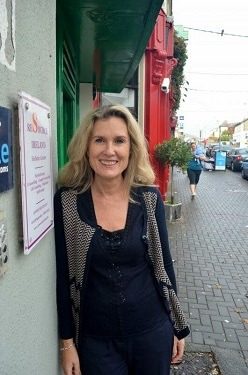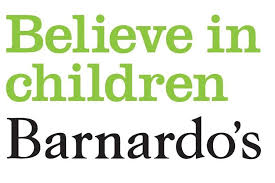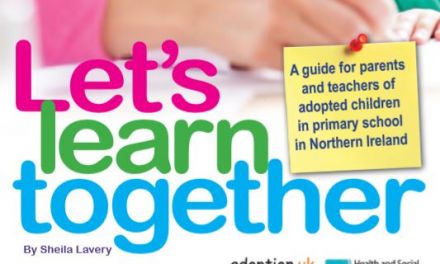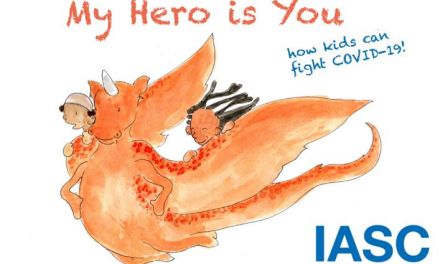The world is on edge and we are on alert. It is normal to feel anxious and stressed.
Life, as we know it, has been turned upside down and it is a period of adjustment and uncertainty. As well as protecting our physical well-being, we need to be mindful of our psychological health too.
As with the elderly and those who need to cocoon to minimise risk, there are those who need to be extra careful about their mental states. Stress levels increase as parents are busy trying to run a home, a substitute school and an office under one roof. Teenagers and kids may feel trapped, deprived of social interactions. Health professionals and frontline workers are tired and susceptible to burn-out. Some people are feeling lonely and isolated. Existing social problems such as poverty, abuse and addiction still exist. Babies are born and mourners mourn alone.
Even the most resilient among us can wobble under this pandemic. Symptoms include disturbed sleep, anger, forgetfulness and difficulty focusing. People are reporting increased food and alcohol consumption as the ‘permission to guzzle’ switch goes off. Our brains and systems are scrambling to adapt to this new way.
Living with ‘not knowing’ poses a significant challenge to our well-being.
- Not knowing results of tests,
- not knowing if one will get infected,
- not knowing how one would respond,
- not knowing if family and friends will be safe,
- not knowing how it will be economically,
- not knowing if exams will go ahead and
- not knowing when this pandemic will end
…are just a few of the uncertainties we are living with. Stability and predictability have been hijacked. We have been catapulted out of our comfort zones and are scrambling to create new ones.
It is uplifting to see communities rallying to help. WhatsApp groups have been formed to help and support, volunteers have signed up, initiatives such as Feed The Heroes launched while others have come out of retirement or returned from overseas to be part of the frontline. As a nation, we have demonstrated true grit. Many have inspired the nation, such as Dr. Ciara Kelly who contracted COVID-19 and went on air for Newstalk from her hot press, RTE’s Claire Byrne who was on air from her shed, An Taoiseach Leo Varadkar returning to practise medicine to help the HSE, and our Minister for Health Simon Harris, who has gone beyond the call of duty.
Most citizens see Dr. Tony Holohan, the chief Medical Officer as a guiding light. Key players, such as these, can provide reassurance and consistency which ameliorate national anxiety.
So, what might help you cope during these adverse times?
– Try to take it one day at a time and stay in the now. ‘What ifs’ are unhelpful, catastrophising is unhealthy and negative predications are futile.
– Have realistic expectations of yourself and others. We are all adjusting and being affected.
– Control what you are able to control such as going by the protocols and doing what you can in the circumstances.
– Maintain a routine. Foster healthy habits and be mindful of unhealthy ones such as excess eating, alcohol us and screen time.
– Monitor your emotional states.
– Stick with reality, not anxiety and know the difference.
– Access reliable information only, such as GOV.IE.,RTE, HSE AND The World Health Organisation.
– Restrict updates to a particular source at a certain time of day. If overwhelmed, ask someone to let you know if there are any important updates. Once a day is enough.
– Cultivate adaptability and mental toughness. Challenge unhealthy thinking and be aware of what you are focusing on. Dwelling on disappointments or restrictions will intensify them.
– Be creative. What other ways could you operate at home, with work or family?
– Incorporate some exercise, mindfulness and new interests into your daily life. There is an abundant of free resources available from Joe Wicks P.E. sessions to cooking.
– Sleep boosters. As we become more fatigued during this crisis, our sleep becomes more disturbed. Try to wind down at night by taking a bath, practice mindfulness, avoiding pre-sleep screen use and stimulants.
– Keep connected. Schedule daily virtual interactions or telephone calls. Take someone cocooned on a virtual walk with you, foster virtual tuck-ins of children and use social media to link with others.
– Switch off with a good movie, chores or creativity.
– Get fresh air and embrace nature if possible.
Reach out. There are many organisations and volunteers eager to help whether it is for parenting, education, shopping or support.
– If you are in a position to help others, go for it.
– Dream. Think about what you will do post COVID-19. Rather than seeking to return to normal, see it as transitioning to a different life.
Niamh Delmar is a Counselling Psychologist, freelance writer, and mental health contributor with The Irish Times. You can get in touch about online counselling sessions by calling 0872729319 during office hours.









